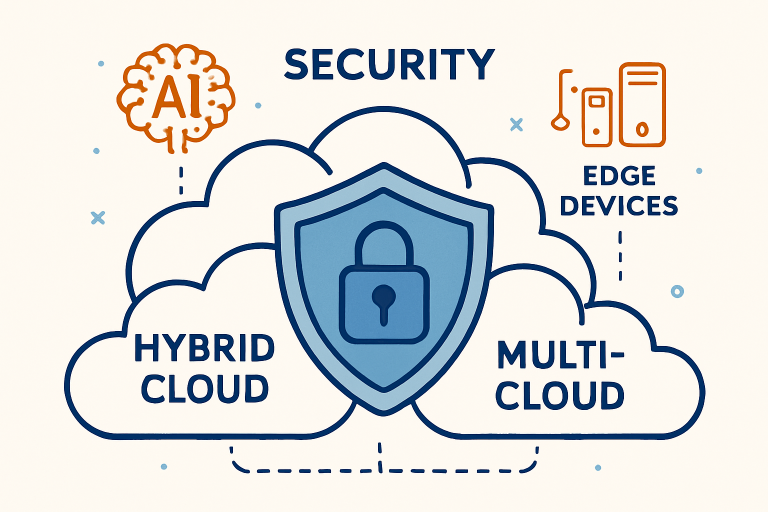Spine surgery recovery involves patience and careful attention to your healing process. Your healthcare team supports you during the procedure and throughout recovery. Following their guidance helps you progress safely and steadily. Here are a few tips for recovering after spine surgery:
Follow Recovery Instructions
Recovery guidelines from your surgeon are often tailored to the procedure and individual needs. These frequently include information on wound care, activity considerations, and medication schedules. Protocols can vary depending on the type of spine surgery and overall health. Understanding these instructions may help support the recovery process.
Patients can request detailed written instructions before leaving the hospital. Keeping these guidelines accessible allows for easy reference during the recovery period. Any questions about the recovery plan can be directed to the surgeon’s office for clarification.
Manage Discomfort Carefully
Managing discomfort is part of the recovery process. Medications may be prescribed to help address pain, and following instructions for their use is recommended. Non-medication approaches, such as applying ice or heat for short periods, might also be suggested. Tracking changes in discomfort and sharing them with the care team allows adjustments to be made as needed.
Gradually Increase Movement
Movement during recovery follows a careful progression. Start with gentle activities as approved by your surgeon. Walking short distances often helps maintain circulation and prevents stiffness. Begin with just a few steps and slowly increase distance as tolerated.
Avoid lifting, bending, or twisting movements during the initial recovery phase. Your surgeon should specify weight restrictions and movement limitations based on your specific procedure. These restrictions typically change as healing progresses. Physical activity helps prevent muscle weakness and maintains joint mobility. Pushing too hard, too soon, can interfere with healing. Balance rest with appropriate movement as directed by your healthcare team.
Support Healing With Nutrition
Proper nutrition can support the recovery process after spine surgery. Eating balanced meals with a variety of foods may help maintain energy and overall well-being. Some medications potentially will affect appetite or cause mild digestive changes, and consuming smaller, more frequent meals could be beneficial. Alcohol should be avoided while taking prescription medications, as interactions are possible.
Things to include:
- Lean proteins for tissue support
- Fresh fruits and vegetables for vitamins and minerals
- Whole grains for sustained energy
- Adequate water for hydration
Attend Follow-Up Visits
Regular follow-up appointments enable the surgeon to monitor recovery progress. These visits often include physical examinations and, occasionally, imaging to monitor changes at the surgical site. Tracking healing over time helps guide recommendations for daily activities and adjustments to care.
Preparing for follow-up visits can involve noting questions or concerns in advance. Recording pain levels, activity tolerance, and any new symptoms may provide helpful context. The surgeon might adjust activity guidance or other recommendations based on this information, supporting a smoother recovery process.
Plan Your Spine Surgery Recovery
Spine surgery recovery can be a lengthy process, requiring patience, adherence to post-surgery guidelines, and time. The recovery timeline varies based on factors such as age, overall health, and the specific procedure performed. Preparing a supportive home environment and arranging help with daily tasks can ease the early stages of recovery. Tracking progress and adjusting routines as needed helps manage daily activities safely. Discuss spine surgery and recovery planning with a qualified specialist to develop a personalized approach.
- HMS Photovoltaik: A Complete, In-Depth Guide to Modern Solar Power Solutions
- Decreto Supremo 160: A Complete and Updated Guide
- Dentiloquent: A Complete Professional Guide
- Närkes Elektriska: Your Trusted Partner in Electrical Services in Örebro, Sweden
- Litorotica Tags: Guide for Better Search, Safety, and Clarity





